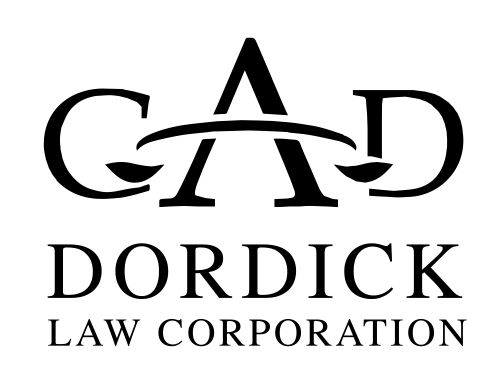The Truth About Protein Powders
If I had a nickel for every time I am asked about “getting enough protein”…… It’s no surprise, our society os protein obsessed. Everybody is worried about somehow being protein deficient. (that aint gonna happen folks!) And big food companies keeps feeding the frenzy… high protein Cheerios anyone? This misconception is particularly rampant among the gym crowd. People think they need more protein to build bigger muscles. (sorry, muscle is built in the gym, not in the kitchen). The sale of protein powders and shakes has skyrocketed in recent years. Not only are these shakes completely unnecessary, you can in fact be doing more harm than good. I recommend that all of my clients (even elite athletes) ditch the protein powders and look to whole plant foods instead.
The following are some notes from Dr. Joel Fuhrman (A former Olympic Skater & leader in the Plant Based Food Movement), who is more than happy to share them with y'all.
“Isolated protein in the form of powders — especially whey and soy protein — that are blended into shakes and smoothies are wildly popular, especially among men attempting to build muscle at the gym. Is this a healthful way to build muscle?
Exercise is the primary factor that determines muscle mass. The first important thing to note is that it is exercise — not food — that stimulates muscle growth. After a workout triggers muscle-building, dietary protein provides the raw materials that muscles need in order to grow. If you are following a Nutritarian diet, which includes many protein-rich whole plant foods, you can easily consume adequate protein for muscle growth by increasing your total caloric intake based on your level of hunger. Another factor is to time your meals — because excess protein calories are not stored as protein (they are stored as fat), it is important to provide the body with raw materials for muscle growth following a workout, as the muscles begin their recovery period. Naturally, we will become hungry within an hour or two of a workout, and having a protein-containing meal closely following exercise is advantageous for recovery and muscle mass. Taking care to include protein-rich plant foods, like green vegetables, beans and seeds will provide sufficient raw material for muscle growth.
What’s wrong with protein powders? Protein intake, especially animal protein, is known to be the major dietary determinant of circulating IGF-1 levels. When we consume animal protein, the body increases its production of a hormone called IGF-1 (insulin-like growth factor 1). IGF-1 is one of the body’s important growth promoters early in life, but later in life IGF-1 promotes the aging process. IGF-1 has been shown to promote the growth, proliferation and spread of cancer cells, and elevated IGF-1 levels are linked to increased risk of several cancers. Our society’s obsession with over-consuming protein is a contributing factor to our epidemic of cancer. In addition to the issue of IGF-1 and cancer, excess protein may negatively affect calcium stores, kidney function and bone health, and promote cardiovascular events. Learn more about IGF-1 and cancer.
IGF-1 is elevated primarily by animal protein and soy protein. It is the amino acid profile of animal protein that sparks IGF-1 production. However, of all plant proteins, the essential amino acid profile of soy is said to be the most “complete,” meaning the closest to animal protein (other plant proteins contain more than adequate amounts of essential amino acids for human nutrition). Therefore, unnecessarily high intakes of animal protein or soy protein could be harmful.
The soy products that are problematic are those that contain unnaturally concentrated soy protein, such as protein powders and meat substitutes — highly processed foods that retain little or none of the beneficial nutrients contained in whole soybeans. There should be a variety of beans in the diet, not just soybeans; furthermore, soybeans should be eaten in their minimally processed forms — edamame, tempeh, tofu and unsweetened soy milk.
Can you build muscle while keeping IGF-1 levels in a safe range?
IGF-1 is very important for growth and maintenance of muscle tissue. However, muscle growth is not dependent on only the amount of IGF-1 circulating in the blood — muscle tissue produces its own IGF-1 in response to strength training to fuel muscle growth.14 So a combination of strength training and a Nutritarian diet will result in lower, cancer-preventive levels of IGF-1 levels circulating in the blood, while still allowing for local production of IGF-1 for muscle-building.
Is there a healthier alternative to protein powders that can support muscle growth?
Whole food sources of protein are the best choice. For blending into shakes and smoothies, instead of nutrient-poor protein powders, I recommend high-protein plant foods such as sunflower seeds, hemp seeds and Mediterranean pine nuts. These same foods can be incorporated into post-workout meals, along with generous amounts of green vegetables, beans and intact whole grains (such as oats, quinoa and wild rice) which are rich in micronutrients as well as protein. For those that insist on using isolated protein powders, hemp, rice and pea proteins are better choices than soy protein, since their amino acid profiles are not as close to that of animal protein.”
Eat Healthy & Thrive! Remember that quality nutrition is your true competitive edge....



